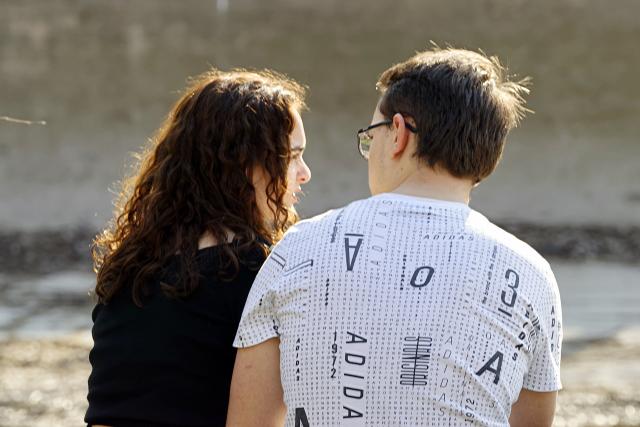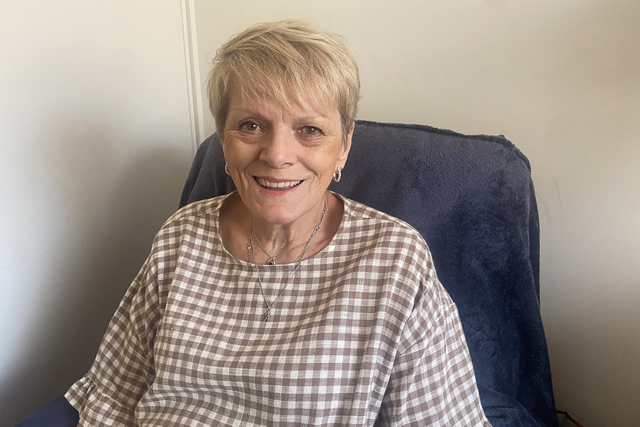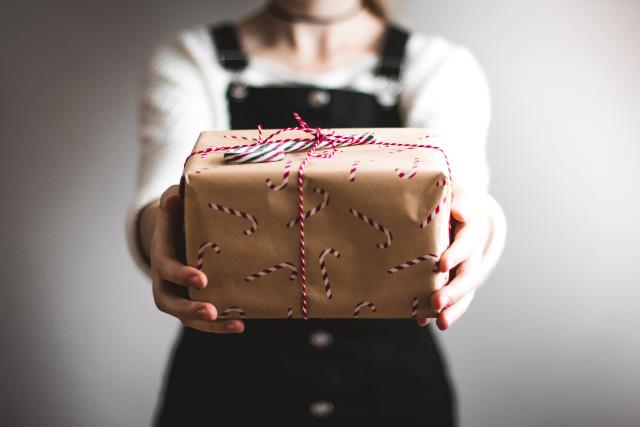New research has found seven in 10 young Australians aged between 12-25 do not ask for help when they are experiencing difficult times.
The research by harm prevention charity R U OK? shows that a major barrier for young people accessing help is the fear of appearing weak and vulnerable.
R U OK? chief executive Katherine Newton said the research highlights the importance of checking in with young people.
“Young people in our world won’t always tell us they need support, so it’s up to us to make asking how they’re really going and knowing how to support them an everyday part of our relationships,” Ms Newton said.
“We want to ensure young Australians feel confident to start having a meaningful conversation and help their friends better navigate life’s ups and downs.”
The survey also found that a corresponding 70 per cent of young people were willing to engage in meaningful conversations with a close friend but they preferred to have these conversations in person.
Whittlesea Community Connections children and young people team leader Dean Marando said he has found young people are very willing to talk with the youth workers at the centre.
“Mental health is really prevalent for a lot of young people,” he said.
“Young people don’t necessarily just come to us for mental health interventions.
“They come to us [when they want] rather than in a crisis which means they can keep coming back to the same person which is really important to them.”
Whittlesea Community Connections facilitates the EMPOWER project which is a multidisciplinary program to engage vulnerable young people and provide pathways to social, civic and economic participation opportunities.
“I think the multidisciplinary approach is super important, where youth workers and social workers can be part of the system,” Mr Marando said.
“It’s about building trusted relationships.”







